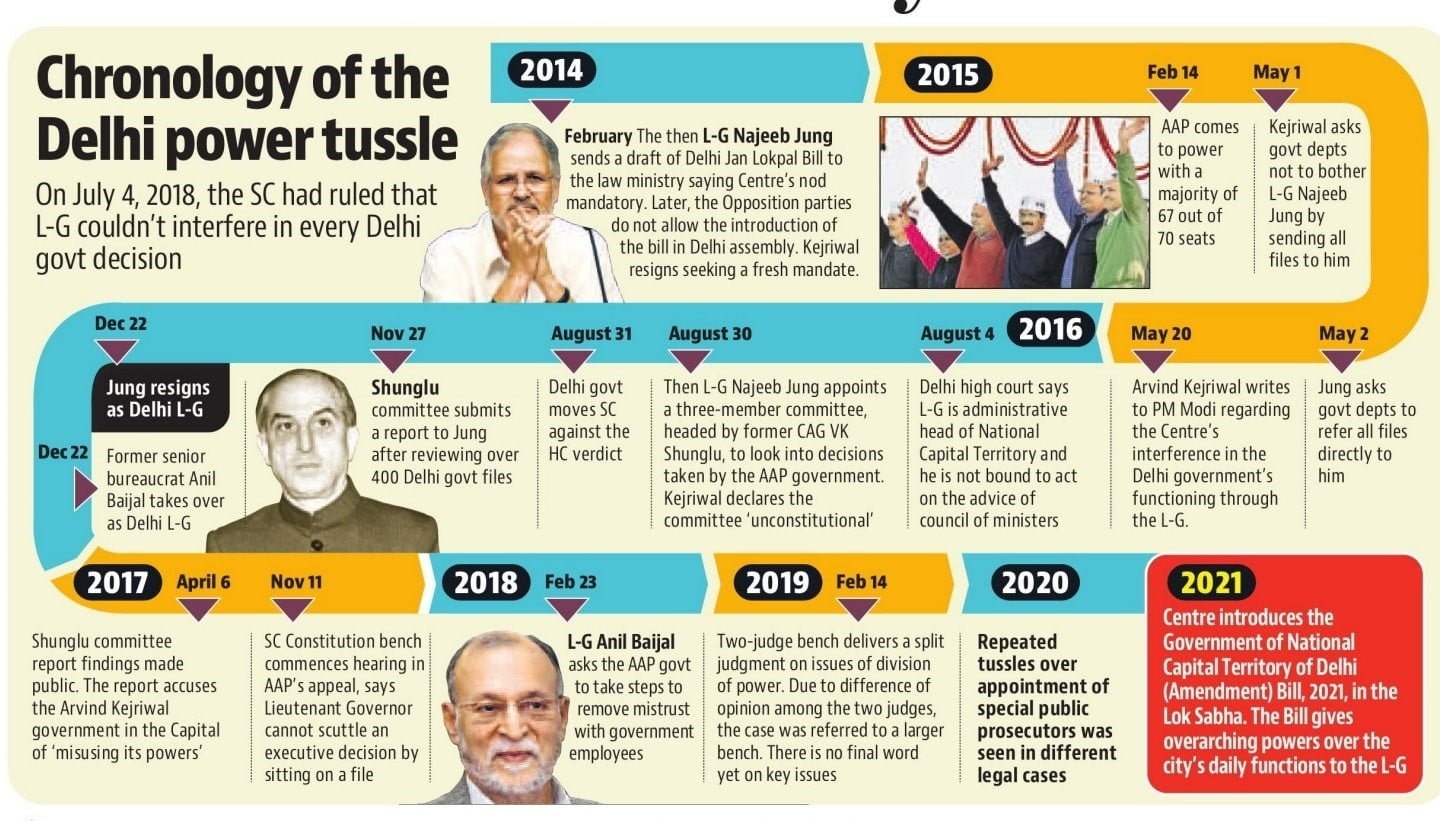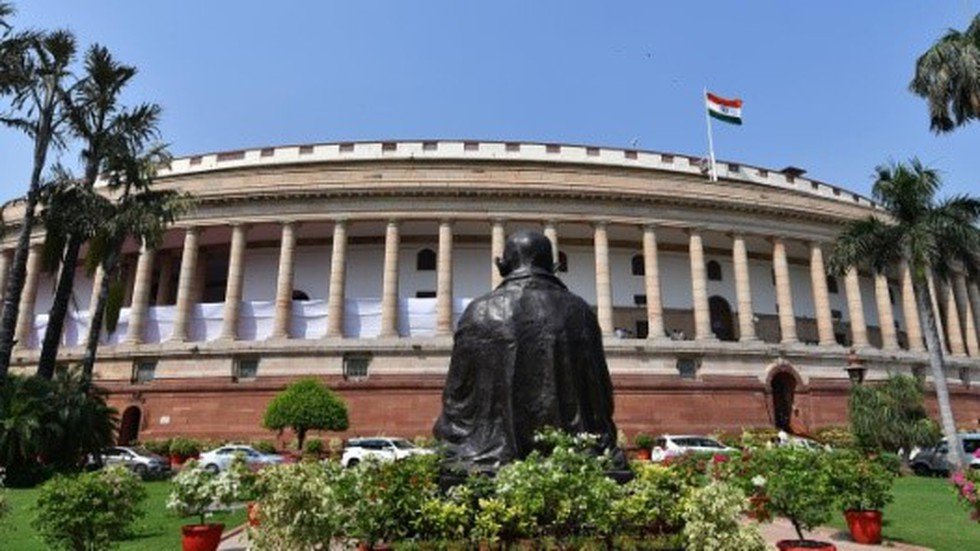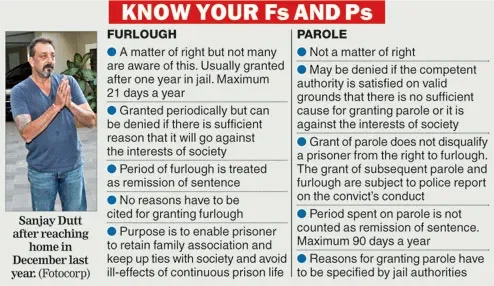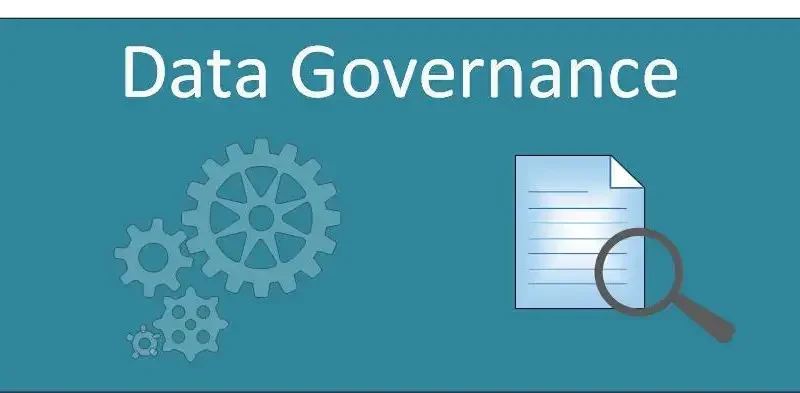
General Consent to CBI
Subscribers of "Current Affairs" course can Download Daily Current Affairs in PDF/DOC
Subscribe to Never Miss an Important Update! Assured Discounts on New Products!
Must Join PMF IAS Telegram Channel & PMF IAS History Telegram Channel
Central Bureau of Investigation (CBI)
- CBI is a non-constitutional, non-statutory body.
- CBI derives power to investigate from the Delhi Special Police Establishment Act, 1946.
- It is the nodal Indian agency that coordinates investigations on behalf of Interpol Member countries.
- It functions under the Department of Personnel, Ministry of Personnel, Pension and Public Grievance.
Composition of CBI
- The CBI is headed by a director.
- He is assisted by a special director or an additional director and many joint directors, deputy inspector generals (DIG), superintendents of police (SP), and all other ranks of police.
-
Appointment of CBI Director
- Before the Lokpal Act was legislated, the CBI director was appointed by the DSPE Act.
- Now, the Lokpal Act governs the appointment of the CBI director.
- The Centre appoints the director based on the recommendation of a search committee comprising:
- Prime Minister as the chairperson
- CJI (or SC judge) and
- Leader of the Opposition.
-
Tenure
- The director of CBI has been provided security of two-year tenure by the CVC Act, 2003.
Powers / Functions
- The Central Government can authorise CBI to investigate a crime in a state but only with the consent of the concerned State Government.
- The Central police cannot investigate or enter the state without consent since police and public order are state subjects.
- CBI can suo-moto investigate offenses only in the Union Territories (including Delhi).
- The SC and HCs, however, can order the CBI to investigate a crime anywhere in the country without the consent of the State.
Types of Consent
- The CBI must mandatorily obtain the consent of the concerned state government before investigating crime in a state.
- This is provided through Section 6 of The DSPE Act (“Consent of State Government to exercise of powers and jurisdiction”).
- The consent of the state government to CBI can be either case-specific or general.
- General consent is given to help the CBI seamlessly investigate corruption cases against central government employees in the concerned state.
- Otherwise, it would require consent in every case.
- States, including WB, Rajasthan, Kerala, and Maharashtra, have withdrawn the general consent.
- It means the CBI needs case-specific consent to register any fresh case against a Central Government official or a private person in these states.
- Withdrawal of general consent means that the CBI will not be able to register any fresh case involving central government officials or private persons in a particular state without the prior permission of that state.
Exceptions to General Consent
- Even on withdrawal of the General Consent, the CBI will continue to investigate cases in a state registered before the withdrawal of the consent.
- CBI would have the power to investigate cases registered in other states/UTs and involve people residing in the state that has withdrawn the consent.
- Approval of the High Court and Supreme Court to investigate a case does away with the need for consent from the states.
- Approval of local courts in a state provides CBI with the power to investigate cases in the state.





![PMF IAS Environment for UPSC 2022-23 [paperback] PMF IAS [Nov 30, 2021]…](https://pmfias.b-cdn.net/wp-content/uploads/2024/04/pmfiasenvironmentforupsc2022-23paperbackpmfiasnov302021.jpg)











